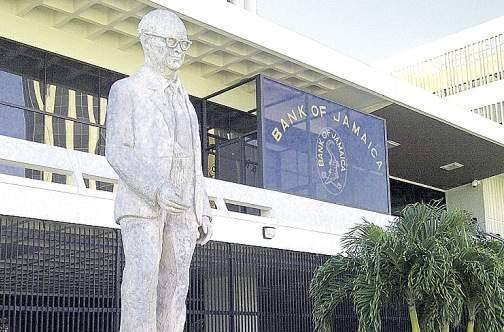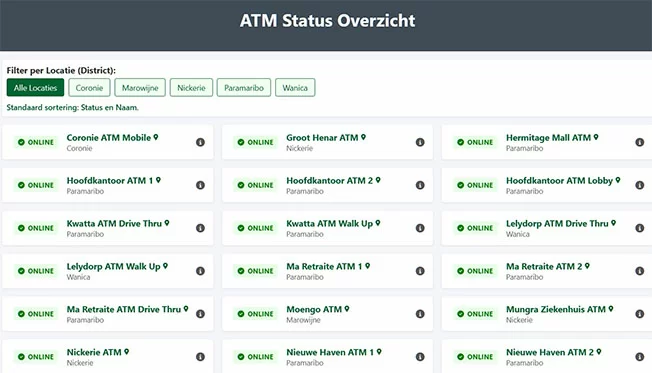KINGSTON, Jamaica — In a landmark development for Jamaica’s financial markets, West Indies Petroleum Terminal Limited (WIP Terminal) initiated public trading on the Jamaica Stock Exchange (JSE) on Tuesday through a Listing by Introduction arrangement. The company entered the market with 11.18 billion existing ordinary shares priced at J$0.50 each, establishing an initial market capitalization of approximately J$5.59 billion and positioning itself among the largest recent energy infrastructure listings on the local exchange.
Chairman Charles Chambers characterized the listing as a historic milestone, noting the absence of comparable assets currently trading on the exchange. “This is a moment of great pride for us at WIP Terminal as we bring to the public market an asset that serves an important function for our country,” Chambers stated during the listing ceremony.
Emphasizing the strategic significance of the terminal infrastructure, Chambers elaborated on its national importance: “WIP Terminal underscores the strategic importance of our fuel infrastructure and energy security. Fuel supply powers our economy, industries, transportation networks, and daily lives.” The facility boasts a combined storage capacity exceeding 750,000 barrels, representing what Chambers described as “nationally important infrastructure for Jamaica.”
The decision to pursue a public listing served multiple strategic objectives according to company leadership. Chambers explained that the move creates transparency and price discovery mechanisms for this critical asset while enabling public participation in national infrastructure ownership. Additionally, the listing forms part of a broader corporate reorganization aimed at enhancing operational efficiency across all business segments.
Looking toward future growth, Chambers identified significant opportunities in the expanding Caribbean cruise industry, increasing regional trade, and growing marine fuel demand. “We have land available for expansion at our Port Esquivel facility,” he noted. “We have the expertise, infrastructure, and strategic vision to grow this asset responsibly.”
JSE Group CEO Livingstone Morrison welcomed the listing as reinforcing the exchange’s role as a catalyst for regional companies seeking transparency, governance excellence, and capital market access. “This listing represents an important milestone for the capital markets, providing investment options in a critical sector of Jamaica’s economy,” Morrison commented.
VM Wealth Management Ltd., which served as lead arranger and broker for the listing, highlighted through Capital Markets Manager Romario Sterling the company’s transition to enhanced disclosure and governance standards associated with public listing. Sterling emphasized the listing’s broader market implications: “This listing expands the investable universe on the Jamaica Stock Exchange by introducing exposure to the bunker fuel and petroleum logistics sector, providing portfolio diversification opportunity.”
WIP Terminal operates as a direct subsidiary of WIP Energy, with ultimate parent company West Indies Petroleum Limited representing a leading integrated energy company in Jamaica. The terminal business constitutes a critical component of the parent company’s vertically integrated operations spanning fuel import, storage, distribution, and retail services.
The company’s board features industry veteran Gordon Shirley alongside directors Tarik Felix, Kurt Boothe, Amanda Levien, and Karl Townsend, bringing collective expertise across petroleum, finance, law, and corporate governance.
Chambers concluded by reaffirming the company’s commitment to operational excellence, safety, transparency, and value creation for all stakeholders. Trading of WIP Terminal shares commenced under ticker symbol WIPT on the JSE Main Market.









